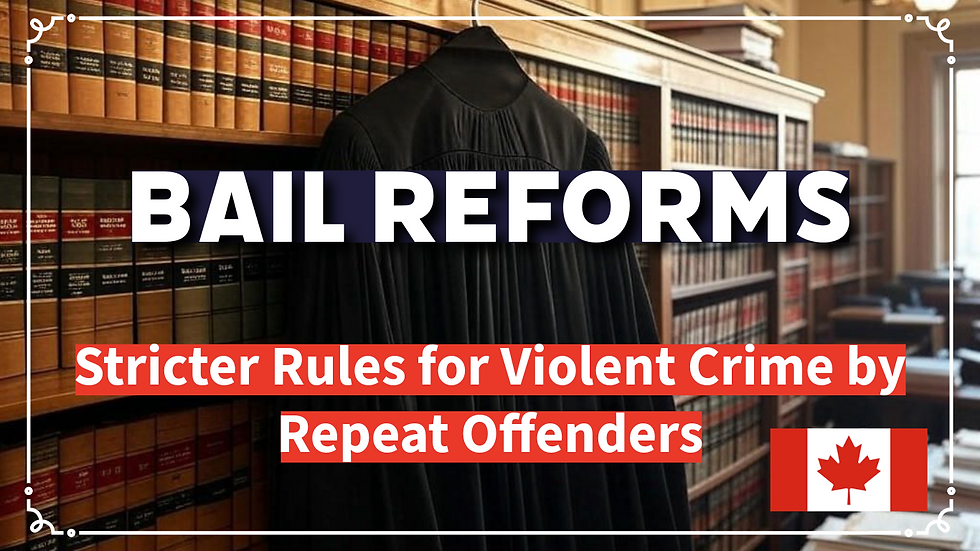US Supreme Court On Trump Trials
- M.R Mishra

- Apr 26, 2024
- 2 min read
During the Supreme Court session on Thursday, there were only passing mentions of the timing of the trial concerning former President Donald J. Trump's alleged election subversion.
The conservative justices didn't appear particularly urgent, signaling a potential inclination to grant former presidents some immunity from criminal prosecution, potentially delaying Trump's trial further.
Such a decision would likely result in the case being remanded to the trial court to differentiate between official and private actions, thus defining the boundaries of presidential power significantly.
Despite a general agreement that the case could proceed based on Trump's private actions, the additional legal proceedings might impede the trial's completion before the 2024 election.
Chief Justice John G. Roberts Jr. showed skepticism toward a unanimous appeals court decision rejecting Trump's immunity claim, indicating potential further proceedings or clarifications on the law's interpretation.
The justices debated whether presidents could be prosecuted for official conduct, with some suggesting a ruling applicable to presidential power overall, emphasizing its broader implications.
Justices also weighed the potential destabilizing effects of prosecution on democracy, with diverging opinions on the matter.
Overall, the session primarily revolved around delineating between Trump's official and private actions and the implications of prosecuting former presidents for their conduct.
In Brief:
1. Limited references to timing: During the Supreme Court session, minimal attention was given to the timing of the trial regarding former President Donald J. Trump's alleged election subversion.
2. Conservative justices' stance: The conservative majority on the Court seemed inclined to grant some degree of immunity to former presidents from criminal prosecution, potentially further delaying Trump's trial.
3. Potential remand to trial court: A ruling favoring presidential immunity could lead to the case being sent back to the trial court to distinguish between official and private actions, thereby defining the boundaries of presidential power significantly.
4. Implications for trial timeline: While there was agreement among justices that the case could proceed based on Trump's private actions, additional legal proceedings might impede the trial's completion before the 2024 election.
5. Chief Justice's skepticism: Chief Justice John G. Roberts Jr. expressed doubt regarding a unanimous appeals court decision rejecting Trump's immunity claim, suggesting potential further proceedings or clarifications on the law's interpretation.
6. Debate on presidential prosecution: Justices discussed whether presidents could be prosecuted for official conduct, with some advocating for a ruling applicable to presidential power overall, highlighting its broader implications.
7. Concerns about democracy: Justices debated the potential destabilizing effects of prosecution on democracy, with differing opinions on the matter.
8. Focus on distinguishing actions: The session primarily revolved around delineating between Trump's official and private actions and the implications of prosecuting former presidents for their conduct.
Thanks for Visiting!!
Refrence: NYT, CNN, NBC Now USA






Comments